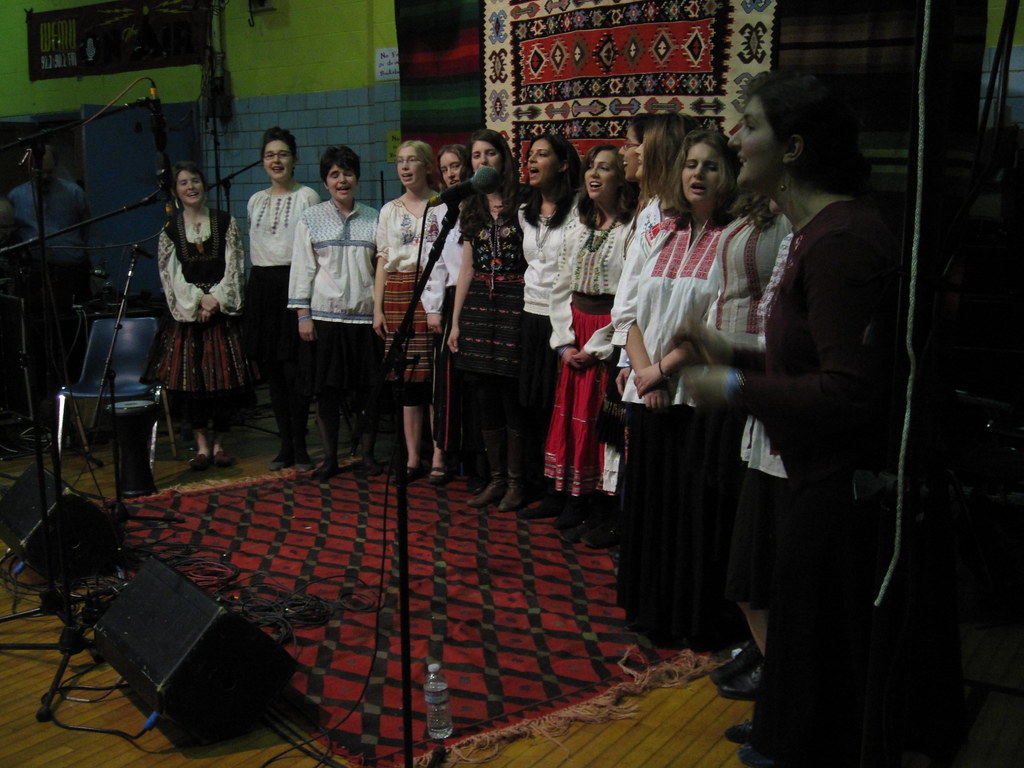They are metal diggers, which is one of the most prevalent stereotypes of Russian females. Although it might be popular in the west to think that Russian ladies merely care about money, this is merely misleading. Russian women are, in actuality https://hbr.org/2011/04/strategies-for-learning-from-failure, strong and independent. Additionally, they put in a lot of effort and want to create successful careers. They are not, however, stupid and recognize the value of a strong bond with their companion. They seek out males who are financially sound and have a well-thought-out plan for the future.
However, stereotypes about Russian girls are however prevalent, particularly in Hollywood. For instance, the 2019 movie Red Sparrow, in which Jennifer Lawrence plays a Kgb ploy who spends her adolescent being slapped by men before engaging 20 of them in hand-to-hand combat in 1990s Moscow, is inaccurate in terms of Russian history or contemporary life. It supports the notion that Russian girls https://eurobridefinder.com/how-to-impress-a-russian-girl/ are unreliable and harmful, which is bad for Russia’s reputation overseas.
The movie” Red Sparrow” is not about Russian ladies as they really are, according to Russian chairman Daria Zhukova. It’s about the twisted view of what it means to be a lady in Russia, especially a Russian girl”.
The fact that Russia’s social structure makes it extremely challenging for people to take part in pubic career is a more significant issue. While guys have no such worries, girls who participate in public protests or run for office run the risk of being arrested. Additionally, because it only permits women to choose professions that are regarded as “female” by the state, the government’s policy of occupational segregation restricts professional prospects for women. This restricts their options and impedes sociable equality.
The European advertising frequently emphasizes negative features of Russian women’s culture and way of life, such as corruption and violence, which is another explanation why they are frequently misunderstood. Foreigners therefore perceive the nation as a gloomy and terrifying area. Given how hospitable and helpful most Russians are, this is cruel.
It’s essential to increase public attention of Russian tradition and its favorable aspects in order to combat these prejudices. Activities, the press, and conversations with those who are aware of it can all be used to accomplish this. Additionally, it’s crucial to meet and discover from locals who have lived in the same nation. This was the purpose of the roundtable, which gathered more than 70 participants from all over the world, with roughly 60 % of them based in Russia, and was held at the Unesco in St. Petersburg. A candid conversation was ensured by obedience to the Chatham House Rule, while more casual conversations were possible thanks to Zoom conversations and comeback areas. Each discussion was opened with introductory comment from four scrimmage loudspeakers and three Russian academics and practitioners, followed by an available debate. Individuals were able to assess Russian and American viewpoints, discuss first-hand views, and create new connections between academics studying Russian children’s issues and those who actively engage with them on the floor thanks to this file.

